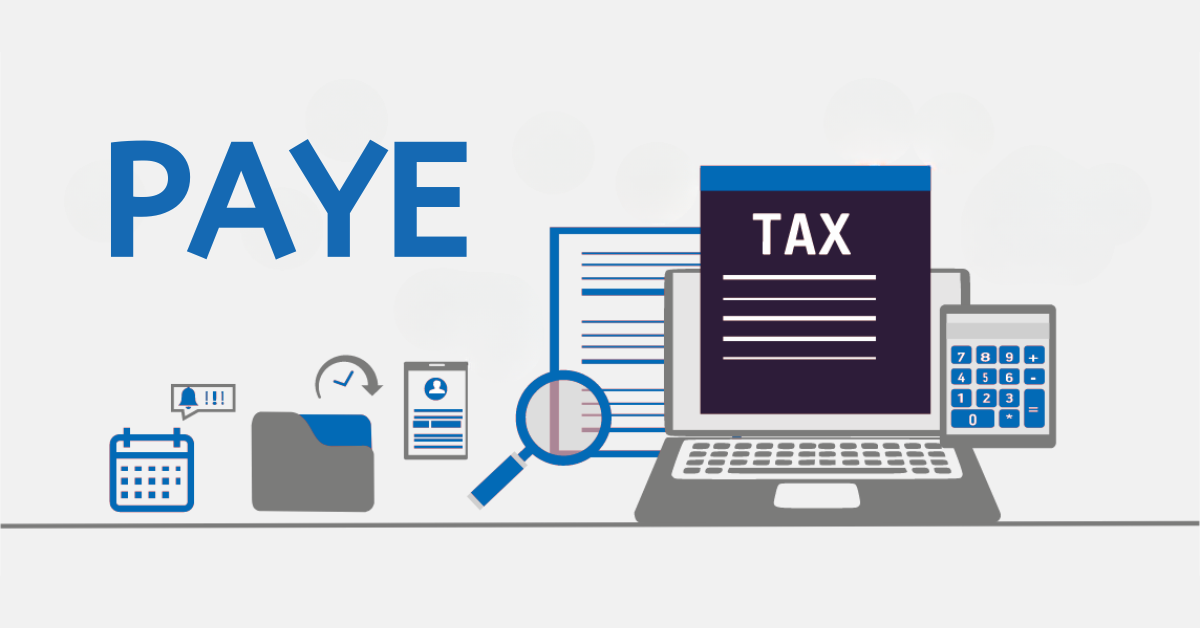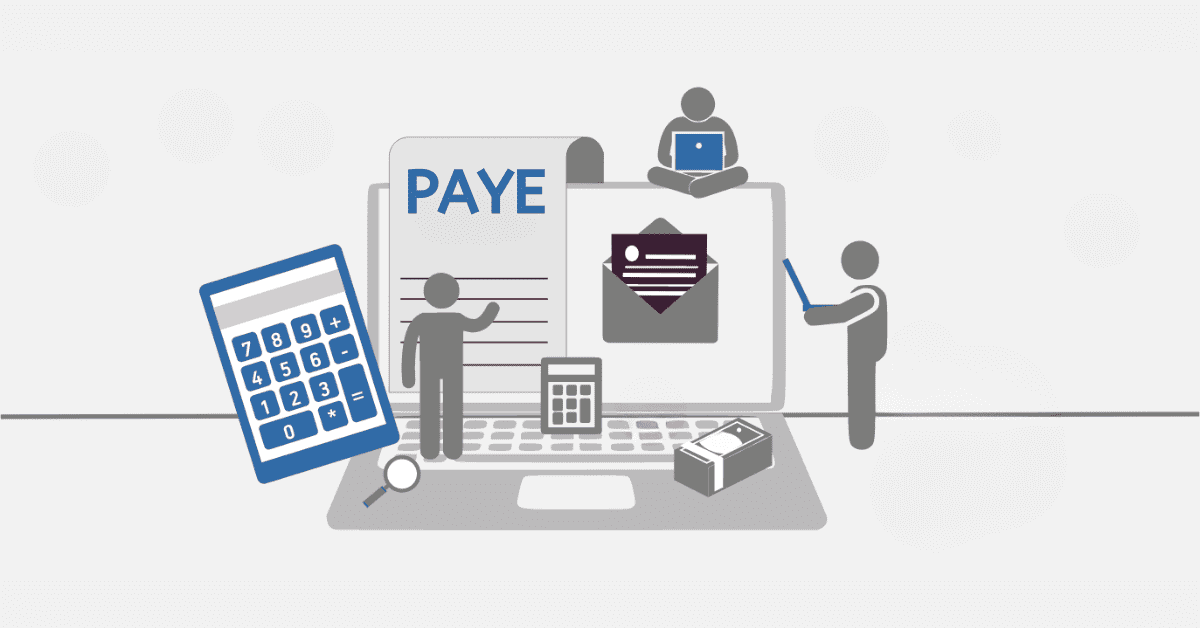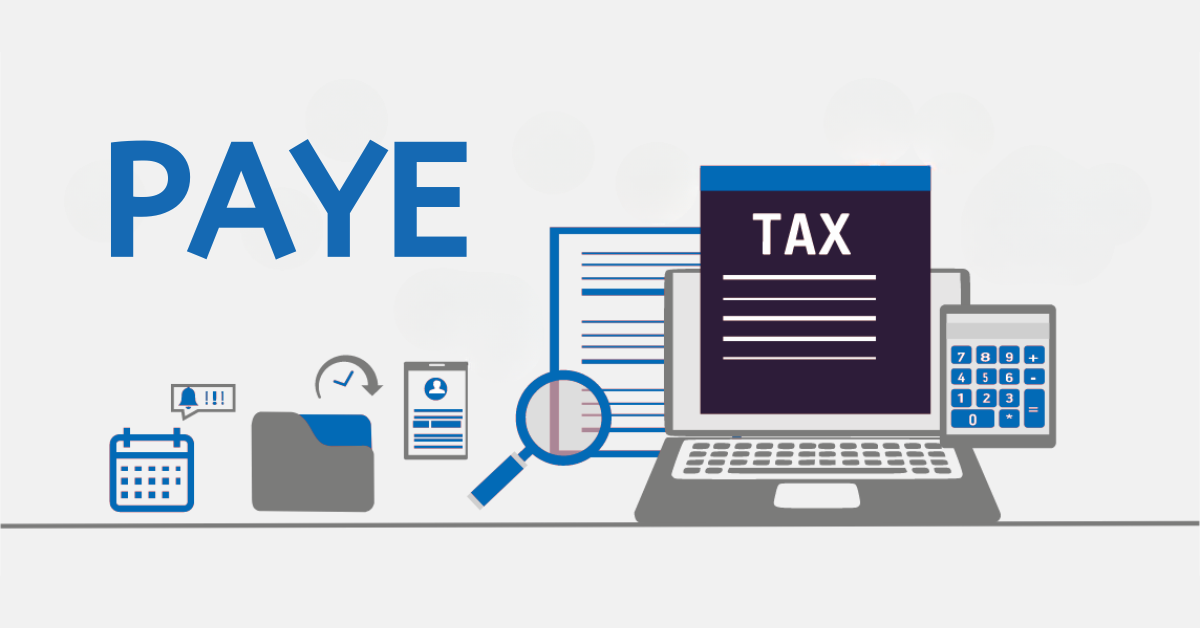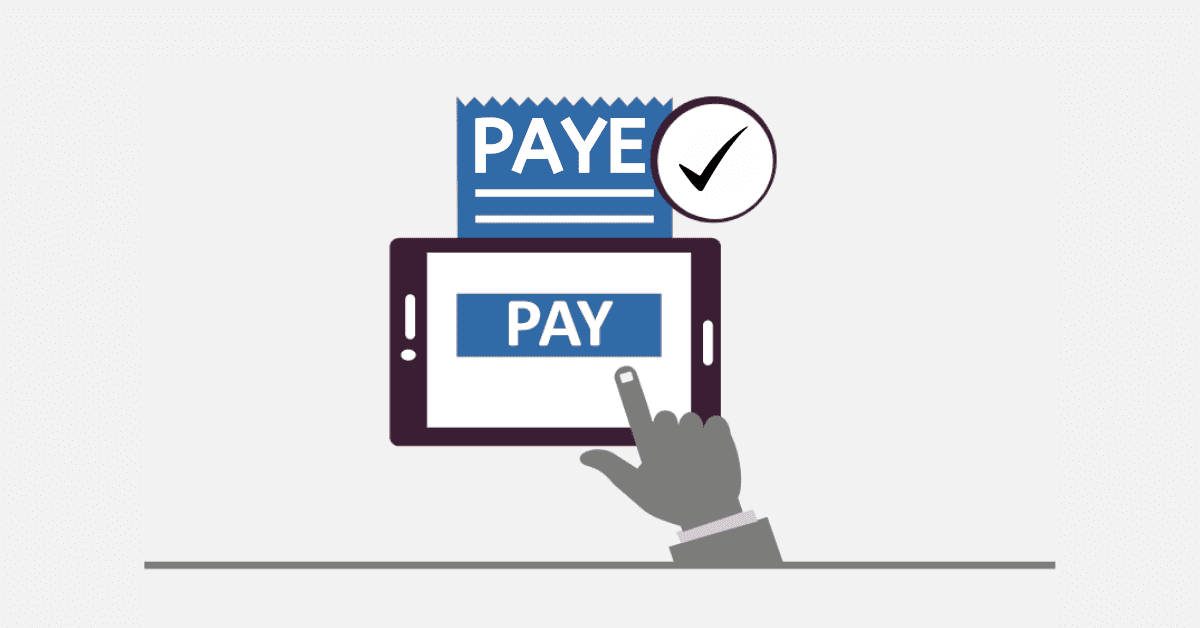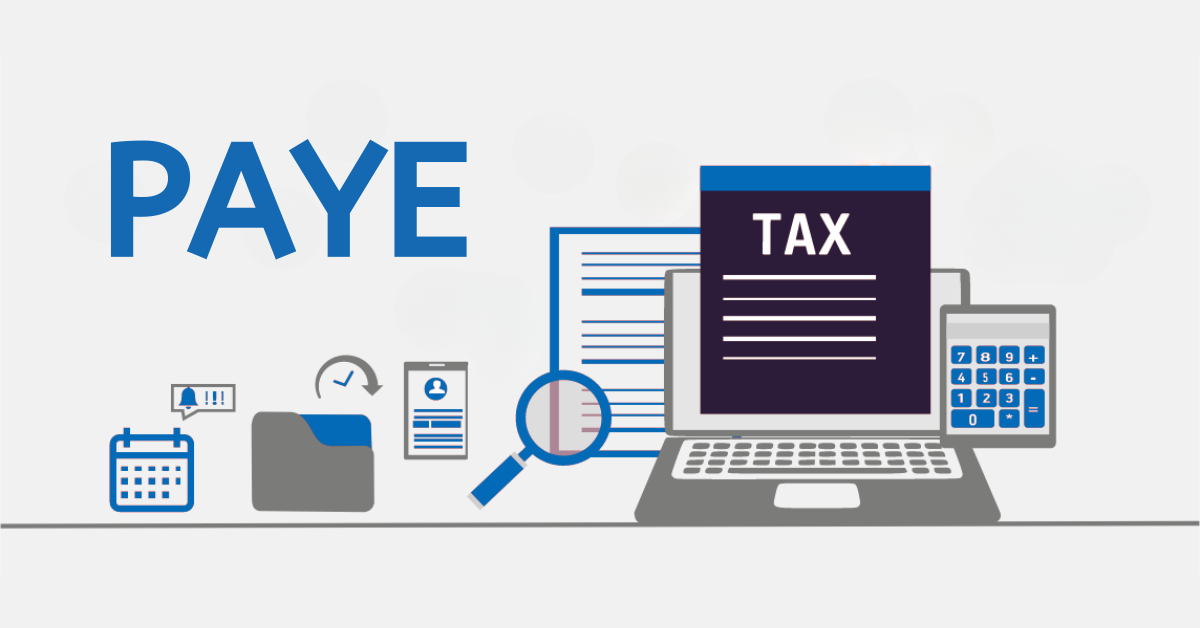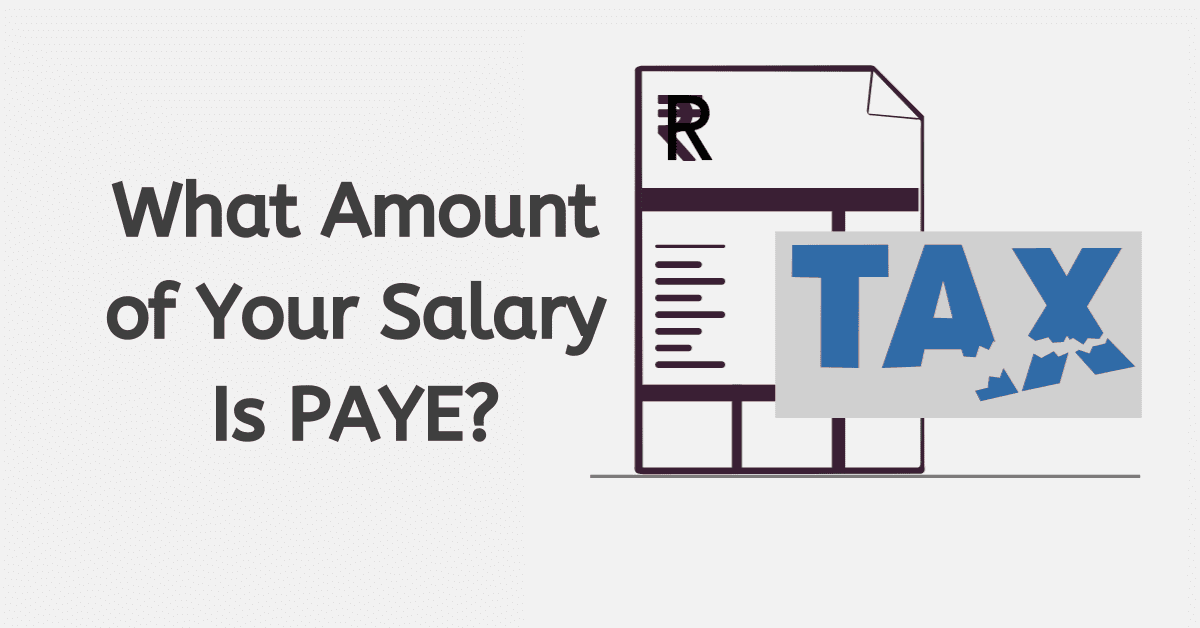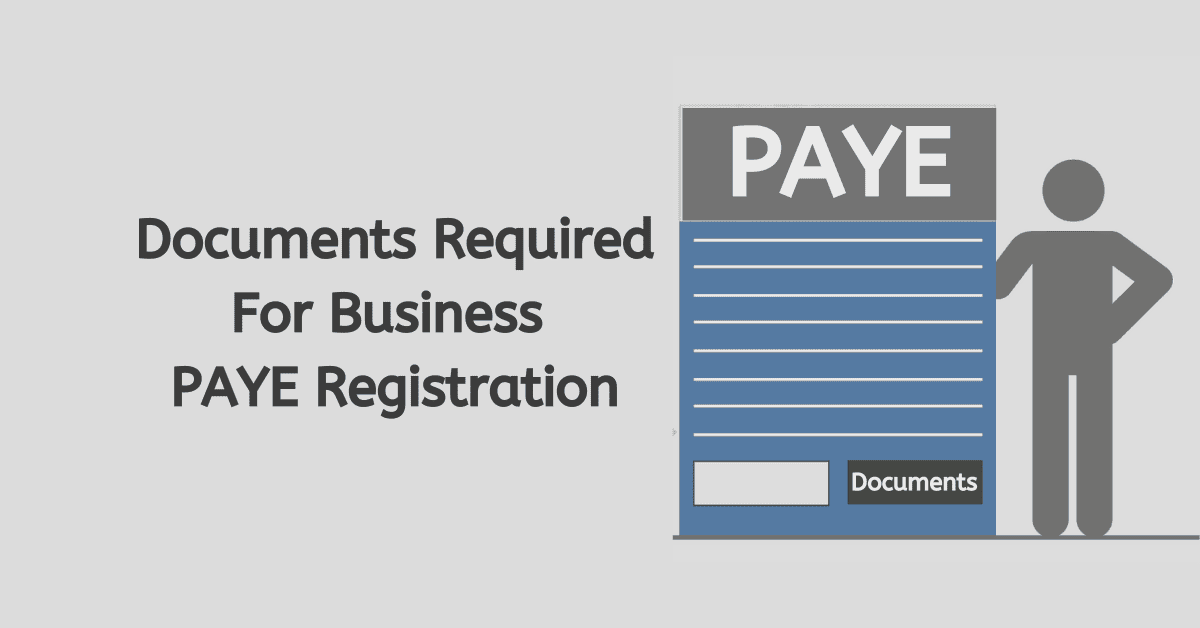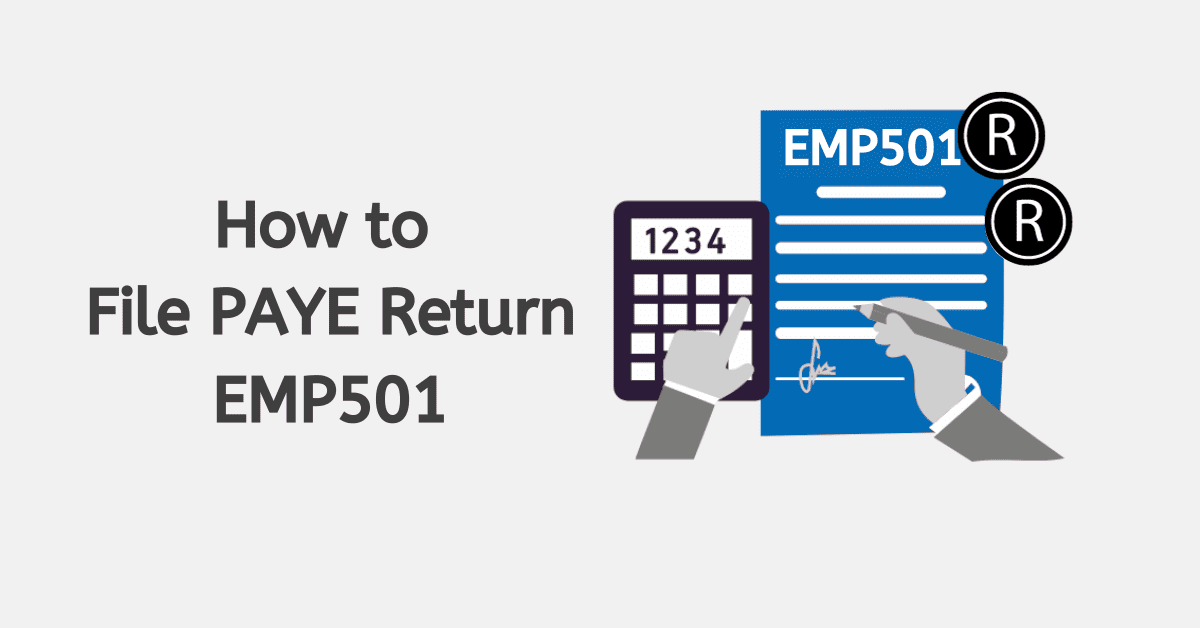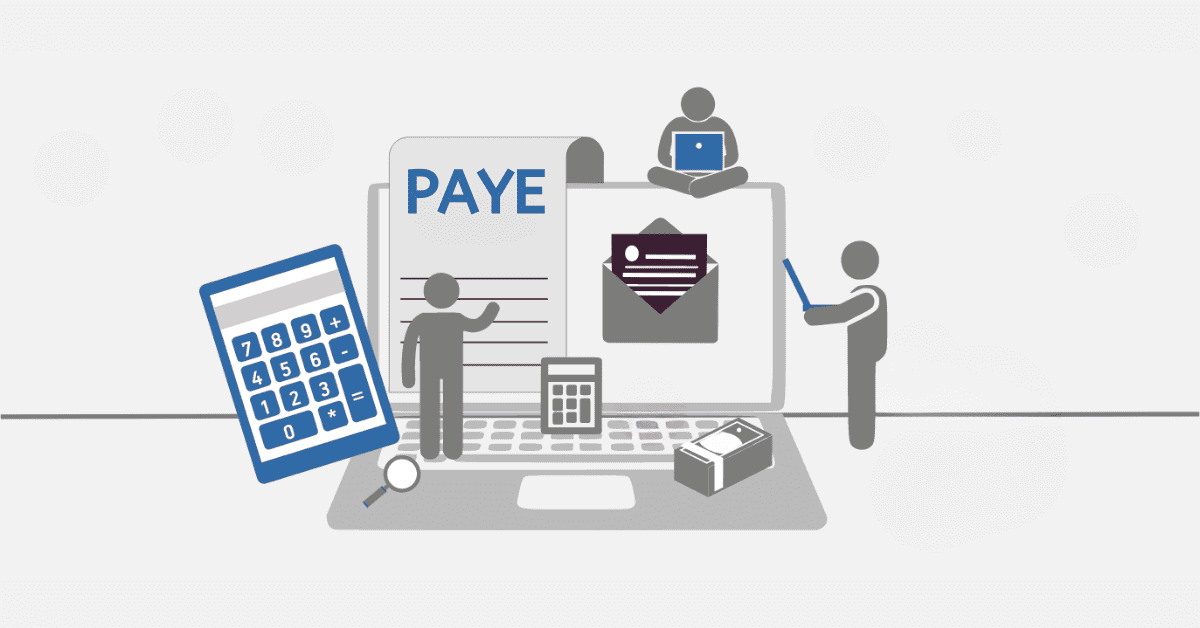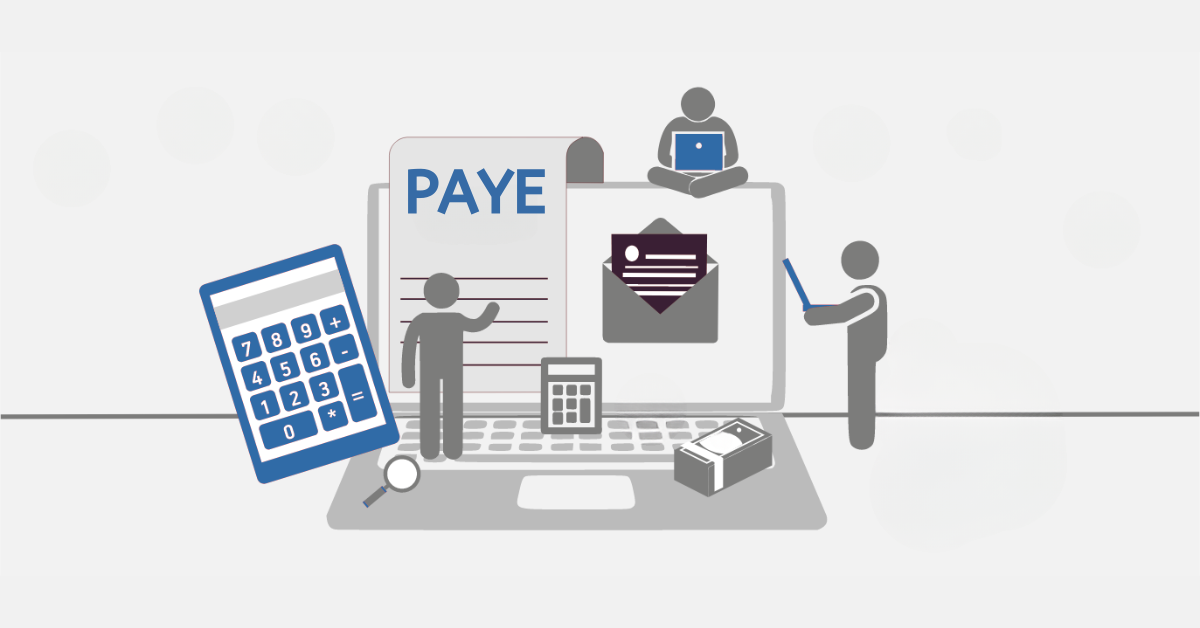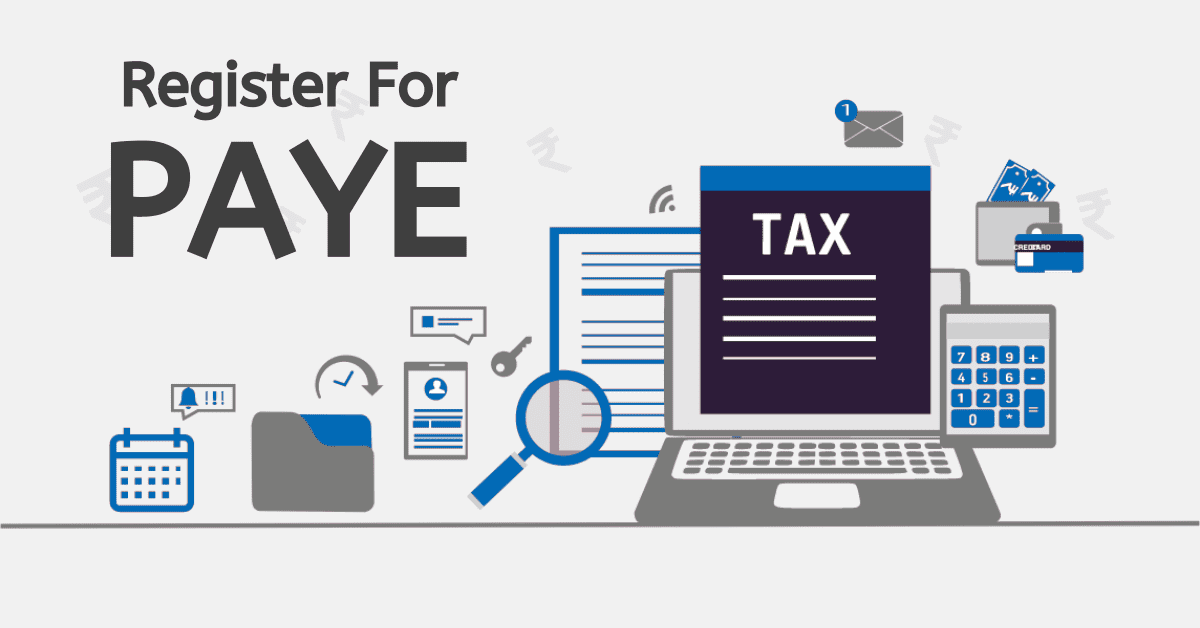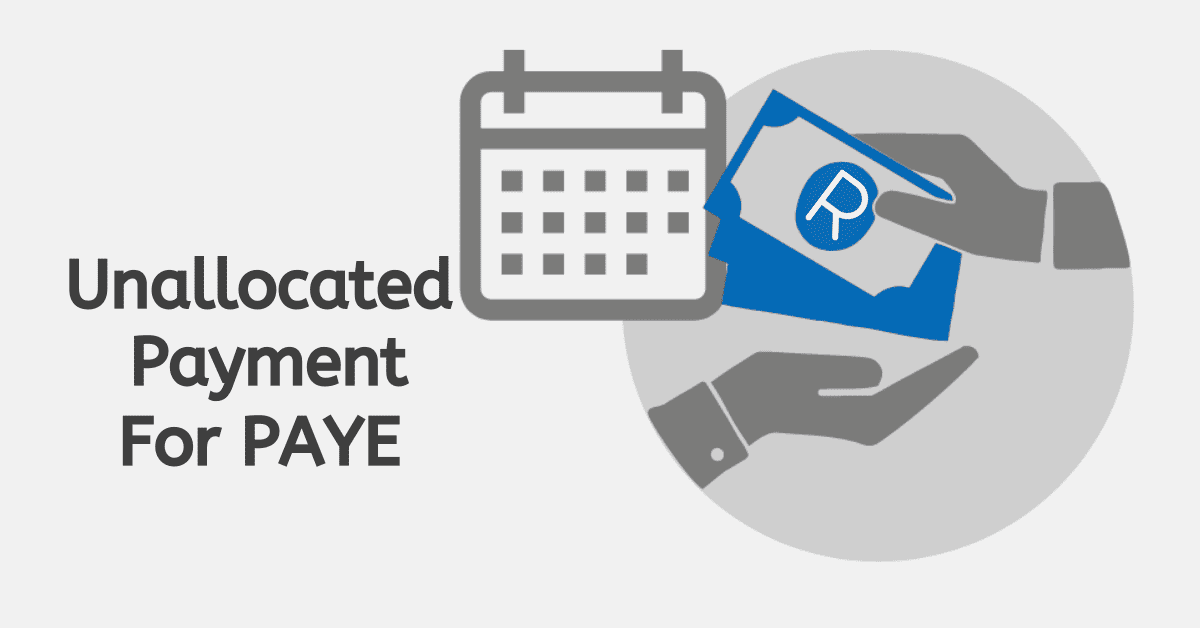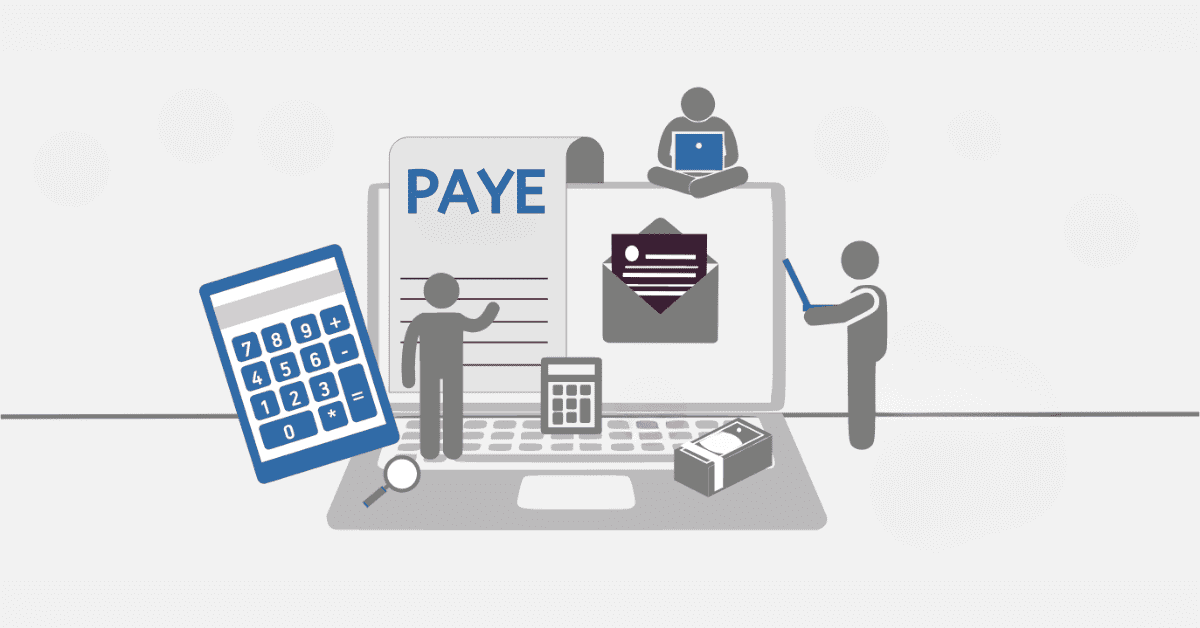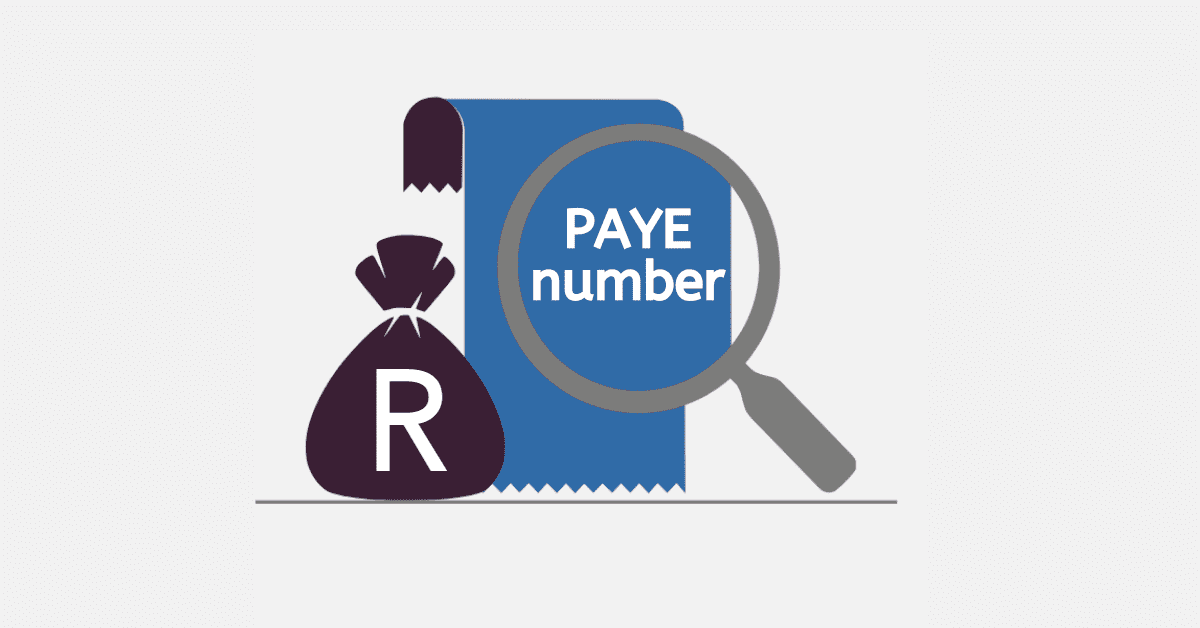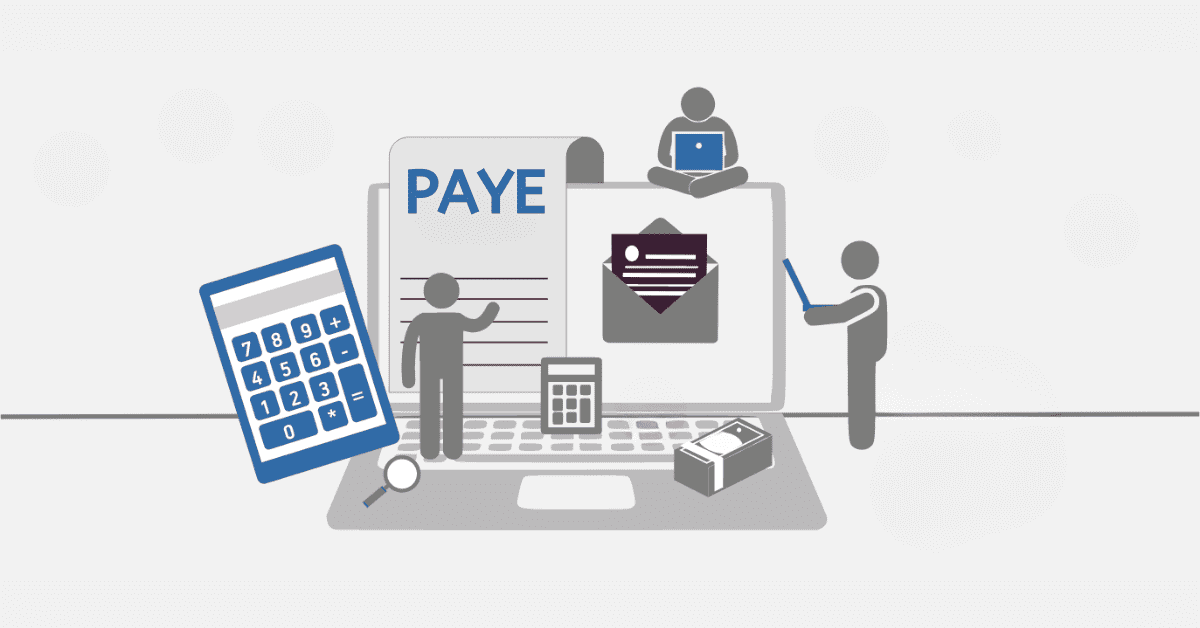Understanding the deductions on your monthly payslip, particularly regarding PAYE deductions in South Africa, can be quite confusing and challenging. The PAYE system is designed to deduct a portion of your salary to contribute to the national revenue. In South Africa, the deductions contributed to funding essential services like healthcare, education, and infrastructure.
The PAYE calculation takes into account various factors, such as income, tax rebates, and allowances, in order to establish a tax system that is fair and progressive. Understanding the intricacies of these deductions is crucial to make well-informed financial choices.
In this blog post, we will explore PAYE tax deductions and the various calculations associated with PAYE in South Africa.
How Much Is PAYE Tax Deduction In South Africa?
The PAYE tax system is a crucial part of individual income tax in South Africa. It is essential for both employers and employees to have a clear understanding of how PAYE tax deductions function. In South Africa, the PAYE tax brackets are designed in a way that promotes a progressive tax system. This means that individuals with higher incomes are required to contribute a larger proportion of their earnings towards taxes.
The PAYE tax rates for the current tax year are as follows:
- 1 – 226 000 18% of taxable income
- 226 001 – 353 100 40 680 + 26% of taxable income above 226 000
- 353 101 – 488 700 73 726 + 31% of taxable income above 353 100
- 488 701– 641 400 115 762 + 36% of taxable income above 488 700
- 641 401 – 817 600 170 734 + 39% of taxable income above 641 400
- 817 601 – 1 731 600 239 452 + 41% of taxable income above 817 600
- 1 731 601 and above 614 192 + 45% of taxable income above 1 731 600
As indicated above, the deductions follow a progressive structure, which means that individuals with higher income levels are required to pay higher tax rates.
Employers need to ensure that they withhold the correct amount from their employees’ salaries. Following the SARS guidelines will help employers to deduct PAYE taxes from salaries.
Is PAYE calculated on gross or net salary?
In South Africa, the calculation of PAYE is based on an individual’s gross salary. The gross salary refers to the complete income that an employee earns before any deductions are made, such as taxes, pension contributions, or other withholdings. PAYE, also known as Pay As You Earn, is a system that allows employers to deduct income tax directly from their employees’ wages. This tax is then remitted to the South African Revenue Service on behalf of the employees. Ensuring a consistent and timely collection of income tax is crucial for the efficient functioning of the tax system. On the other hand, the net salary refers to the amount that an employee receives after all deductions have been taken into account.
How do we calculate PAYE?
Calculating PAYE can be quite complex, but it becomes significantly easier when you have a solid grasp of the tax rates and brackets established by the South African Revenue Service. The rates and brackets provided are used as a reference to help calculate the appropriate amount of income tax that should be withheld from an individual’s salary. The SARS has set up various tax brackets, each with its own corresponding tax rate. The purpose of tax brackets is to ensure that individuals with higher incomes contribute a greater proportion of their earnings towards PAYE tax.
Calculating percentages is a crucial part of figuring out how much should be deducted for PAYE every month or using the annual income values. The percentages mentioned are calculated based on the given values and are important for ensuring that deductions from a person’s income are precise and equitable. Employers can use these percentages to accurately calculate the correct amount to deduct from an employee’s salary. This helps them follow tax regulations and ensures that payroll systems run smoothly.
What is the minimum salary to pay tax in South Africa?
The South Africa Revenue Service has policies on taxation in South Africa. As part of the policies, not every individual who earns an income is obliged to pay PAYE.
There are tax regulations and laws that govern workers in South Africa, which aim to ensure tax compliance and enough revenue for the government.
In South Africa, if you are under 65 years old and earn a monthly salary that goes beyond the tax threshold, which is currently set at R6950, you are obligated to pay income tax using the PAYE system. When an employee’s salary exceeds this threshold, and they work more than 24 hours per month, they are required to pay regular tax deductions.
